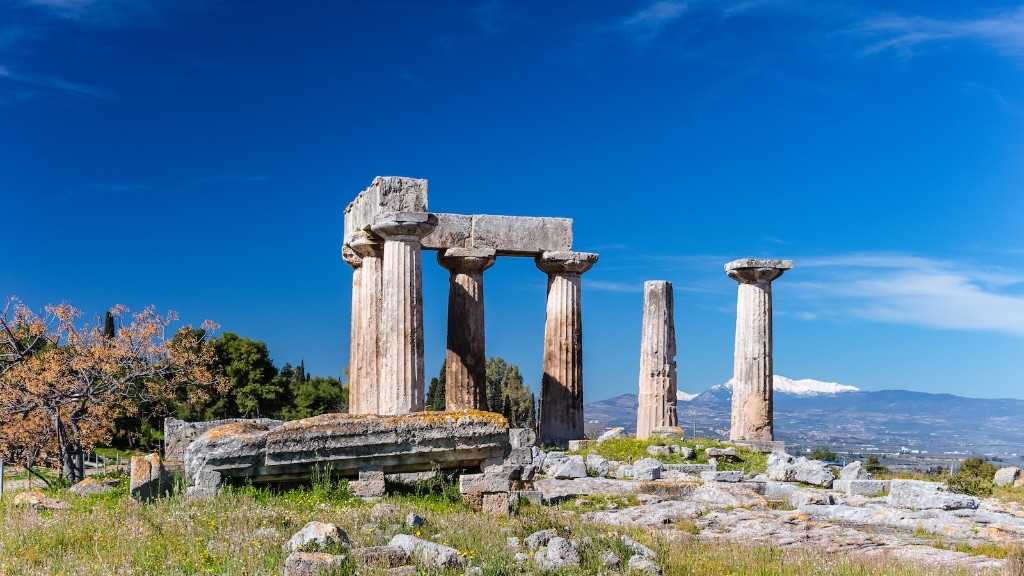Who Defeated Ancient Greece
Introduction
Ancient Greece was a civilization that thrived from the 8th century BCE to the 6th century CE. It was known for its advanced achievements in various fields such as art, philosophy, politics, and warfare. Despite its cultural and intellectual prowess, Ancient Greece faced numerous adversaries that ultimately led to its downfall. This article aims to explore the various forces that played a role in defeating Ancient Greece.
Internal Political Conflicts
One of the primary factors that weakened Ancient Greece was its internal political conflicts. The Greek city-states were constantly engaged in power struggles, resulting in frequent civil wars. These conflicts drained the resources and unity of the Greeks, making them vulnerable to external threats. The most notable example of this is the Peloponnesian War, which occurred from 431 BCE to 404 BCE. This destructive conflict between Athens and Sparta devastated the Greek city-states and significantly weakened their overall power.
Macedonian Conquest
The rise of the Kingdom of Macedon, under the leadership of Philip II and his son Alexander the Great, proved to be a significant challenge for the Greeks. Philip II successfully united the Greek city-states under Macedonian rule, establishing a powerful empire. Alexander the Great expanded this empire even further, conquering vast territories in Asia, Africa, and Europe. The conquest of Greece by the Macedonians marked a turning point in the history of Ancient Greece, as it ended the independence and autonomy of the city-states.
Persian Invasions
Ancient Greece faced several invasions from the Persian Empire, which posed a significant threat to its survival. The Persian Wars, which took place between 499 BCE and 449 BCE, showcased the resilience and determination of the Greek city-states to defend their lands and way of life. Led by key figures such as Themistocles and Leonidas, the Greeks successfully repelled the Persian invasions and preserved their independence. However, these conflicts drained their resources and left them vulnerable to other forces.
The Rise of Rome
The ultimate defeat of Ancient Greece came at the hands of the rising power of Rome. The Roman Republic, eventually transformed into the Roman Empire, became a dominant force in the Mediterranean region. The Roman conquest of Greece occurred in 146 BCE, when the city of Corinth was destroyed and Greece was incorporated into the Roman Empire. The Greek culture and intellectual heritage influenced the Romans, but the once-powerful Greek city-states became part of a larger empire, losing their former prominence.
Conclusion
In conclusion, the defeat of Ancient Greece can be attributed to a combination of internal political conflicts, the Macedonian conquest, Persian invasions, and the rise of Rome. These factors gradually eroded the power and independence of the Greek city-states, leading to their ultimate downfall. Despite their contributions to human civilization, Ancient Greece was not able to withstand the forces that sought to subjugate or assimilate its culture and territories. Understanding these historical factors helps to shed light on the dynamics of power and the rise and fall of great civilizations.

